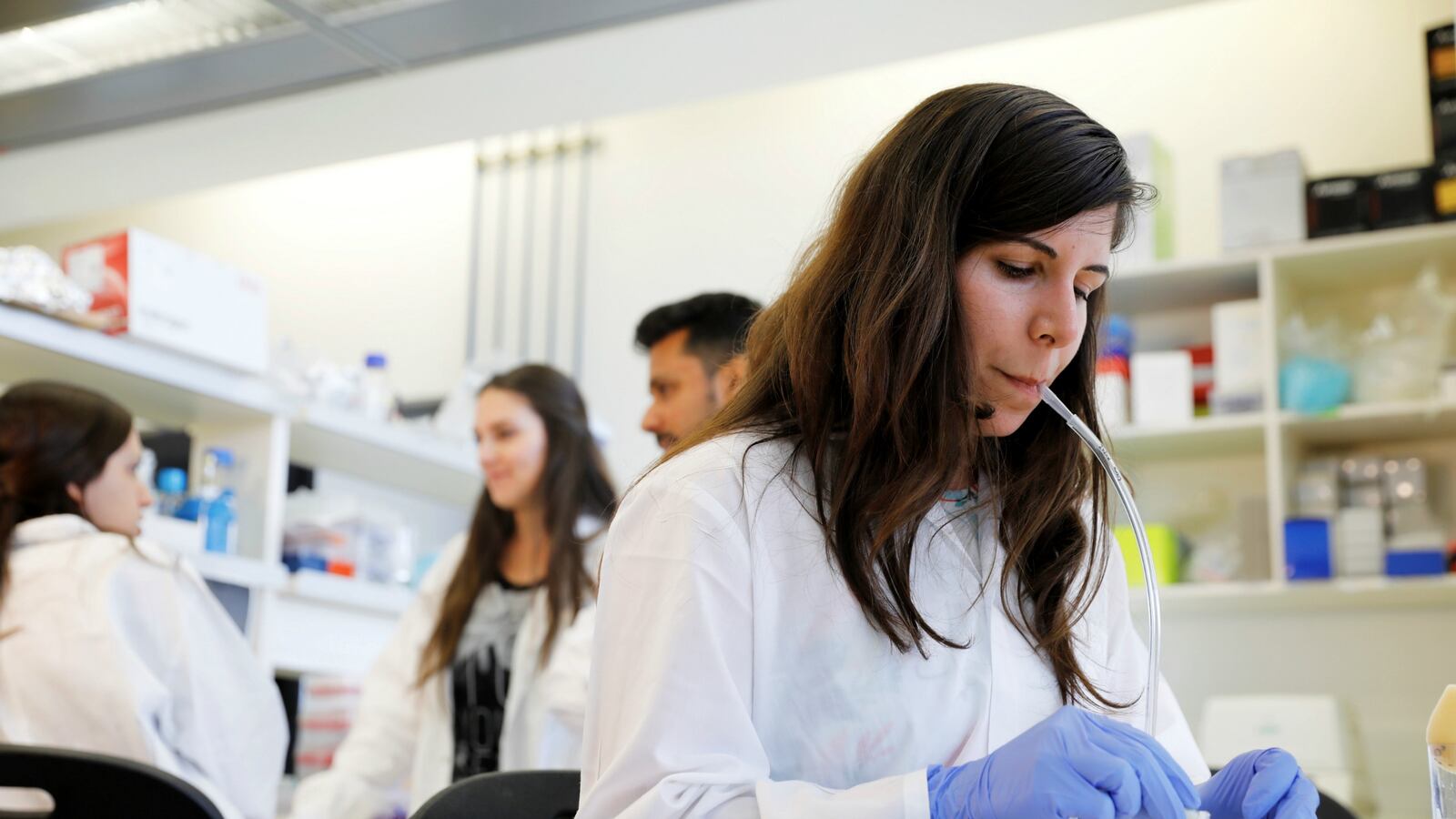One of Britain’s leading ethics watchdogs has deemed it “morally permissible” to alter the DNA of a fetus—as long as it gives the child what parents perceive to be the best chances in life. The Nuffield Council on Bioethics said changing the DNA of a human embryo could be allowed if it was in the future child’s interests and did not add to the kinds of inequalities that already divide society, The Guardian reports. “It is our view that genome editing is not morally unacceptable in itself,” said Karen Yeung, chairwoman of the Nuffield working group and professor of law, ethics, and informatics at the University of Birmingham. “There is no reason to rule it out in principle.” The watchdog is not yet calling for a change in the law to allow genetic modification, but has encouraged more research into the safety and effectiveness of the approach, its societal impact, and a widespread debate of its implications. The report has already attracted criticism, with one lobby group accusing the authors of opening the door to the unrestricted use of heritable genetic engineering.
Read it at The Guardian





